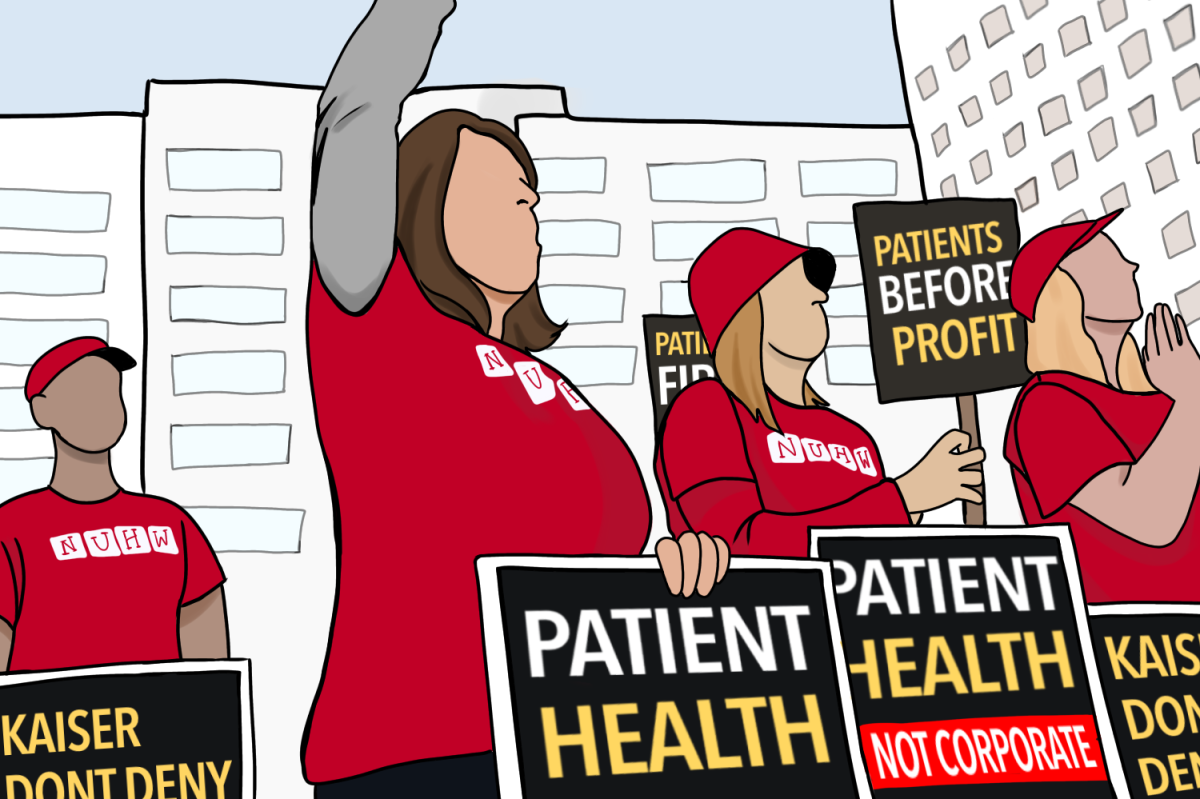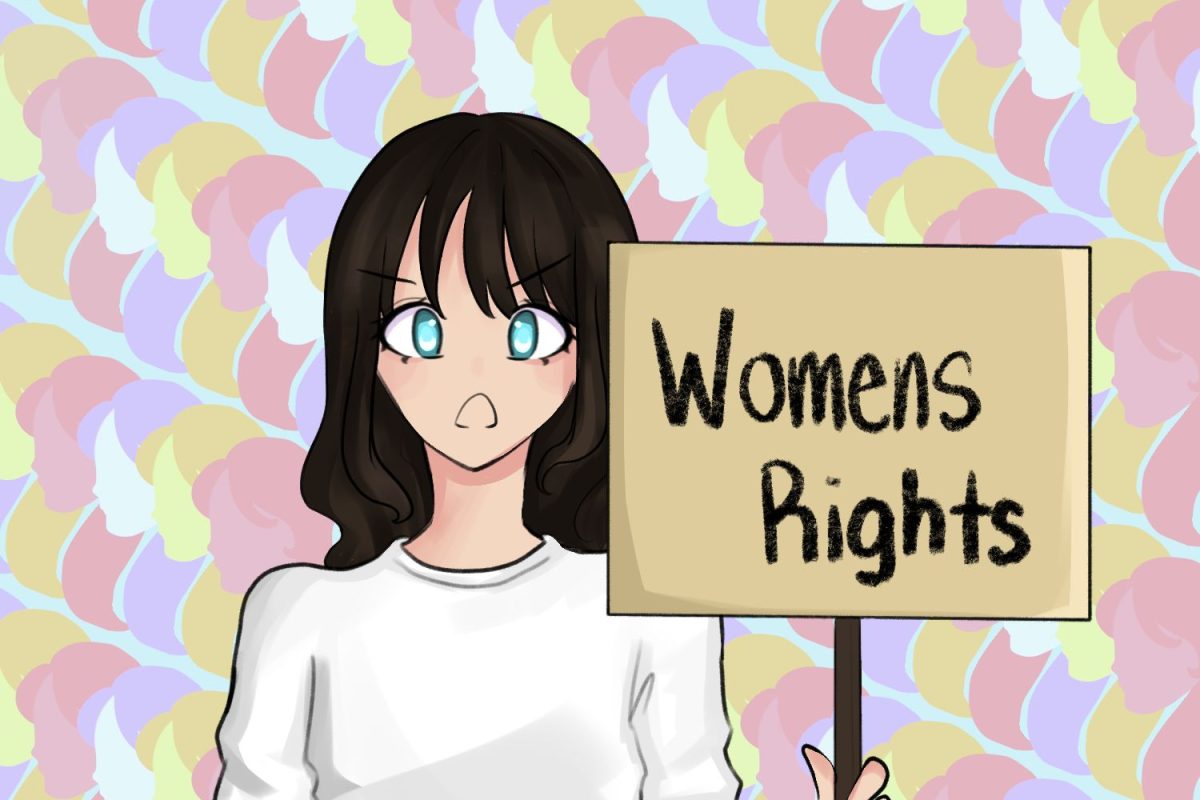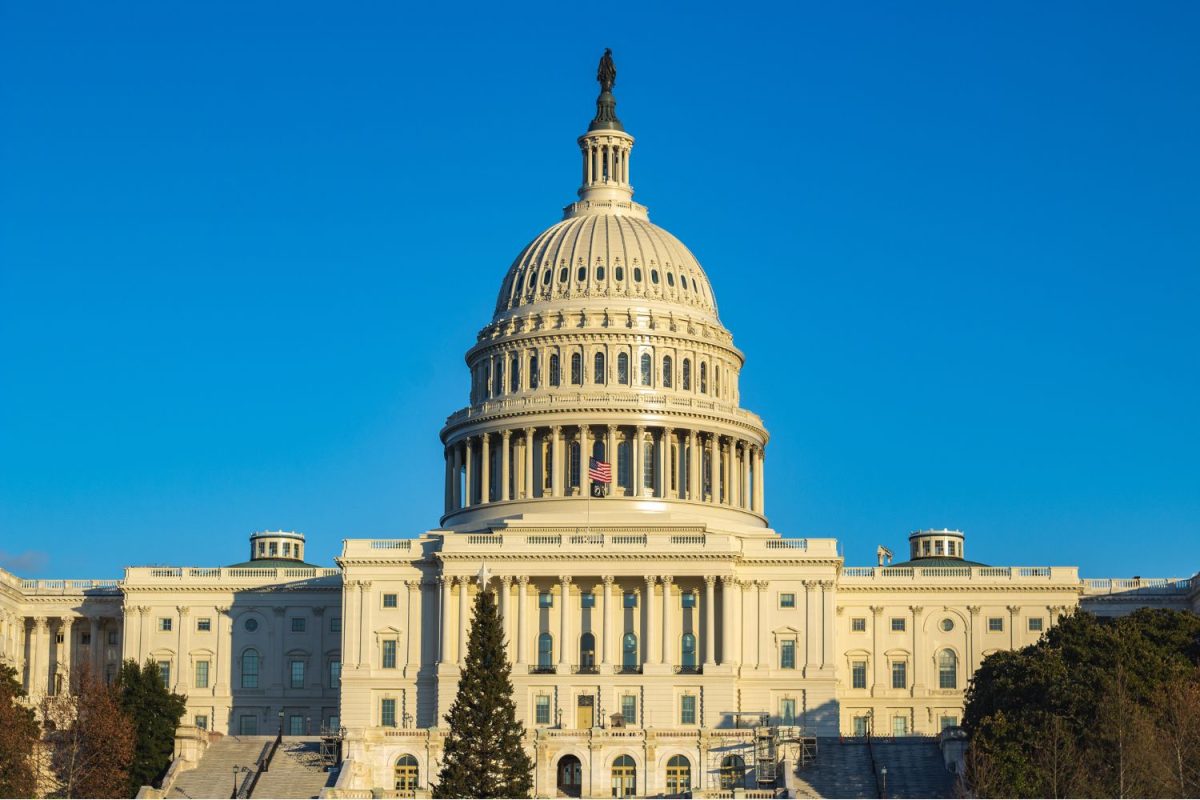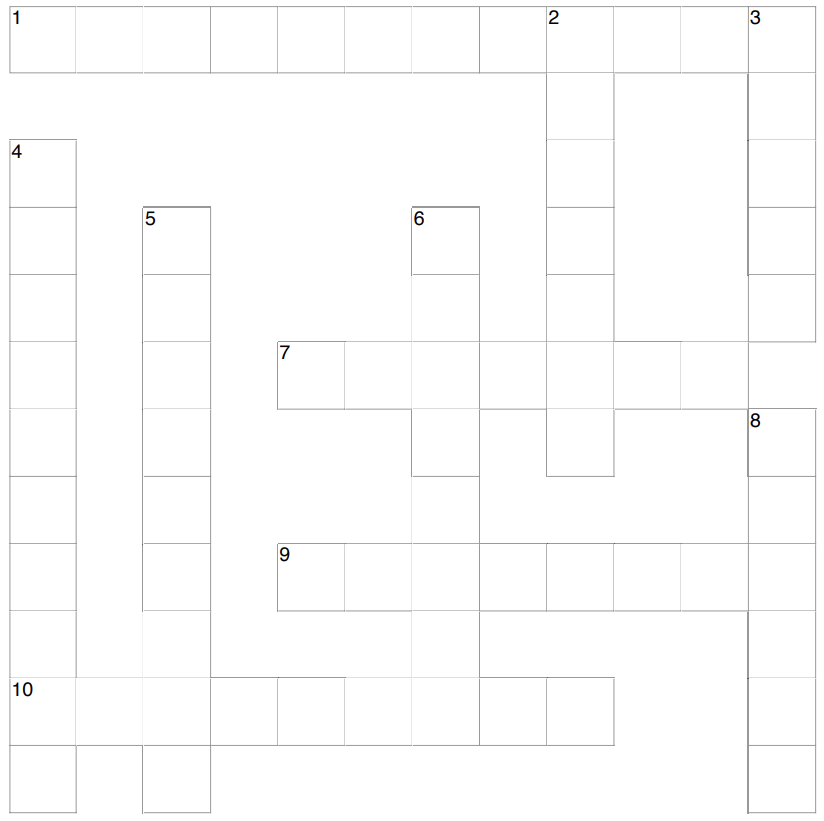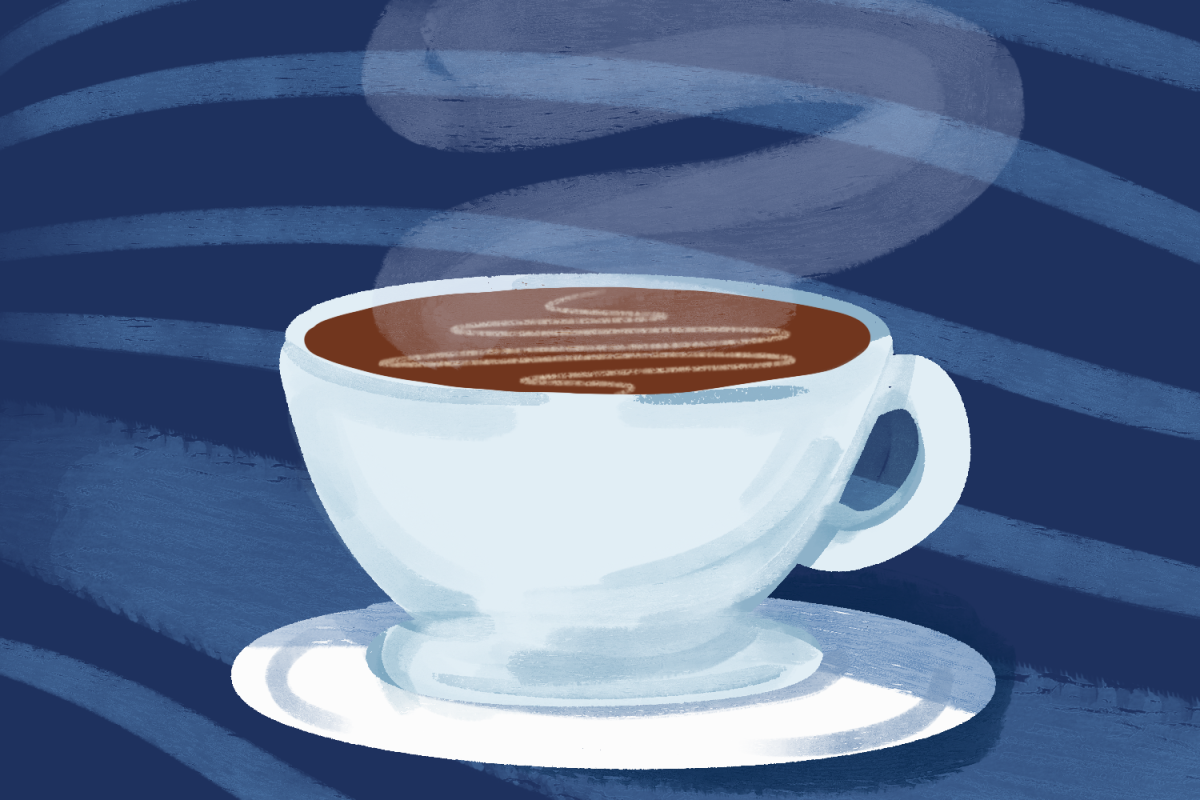Thousands of Kaiser Permanente mental health care workers went on strike against poor working conditions that hinder patient care, leaving hundreds of medical offices understaffed.
On Oct. 21, over 2400 mental health care workers across Kaiser Permanente facilities in Southern California began an open-ended strike after Kaiser and the National Union of Healthcare Workers (NUHW) failed to agree on the workers’ new contract, which expired Sept. 30.
According to the Los Angeles Times, the union launched the strike after Kaiser rejected proposals to decrease employee turnover, decrease wait time for patients, increase wages, and increase preparation time for mental health care workers.
“Patient management time is the time we need outside of sessions to write our progress notes, look for resources, consult with psychiatrists and nurses, and make any referrals that are needed. Unfortunately, sometimes it might be things like CPS reports that we need to complete,” said Jessica Rentz, a marriage and family therapist at Kaiser. “We are supposed to have four hours a week in our schedule designated for that time, but usually we’re only left with about two.”
Last year, Kaiser Permanente reached a $200 million settlement with the California Department of Managed Health Care (DMHC). Kaiser agreed to pay a $50 million fine and allocate $150 million to various reforms, including timely mental health care for patients and lighter clinician workloads.
According to Rentz, mental health care workers refer to the current structure of Kaiser’s mental health services as an “assembly line” because they feel it resembles factory work.
“Patients are booked back-to-back-to-back,” said Mary Grace Sosing, a therapist at Kaiser. “On my long days, I see maybe 10 to 17 people. Sometimes I work through my lunch break and sometimes I forget to use the bathroom.”
Sosing and numerous co-workers on strike are advocating for more preparation hours, which will not only alleviate the burden on workers but also improve the quality of care for patients.
“If someone comes up to us and tells us that they just lost someone and are going through grief, we can’t just come up with things right on the spot. We need to do research and look for resources,” Sosing said. “But when we don’t have time to do that, we show up empty-handed—it basically becomes fast food care.”
In a statement, Kaiser wrote that their current proposal includes wage increases of 18% over the next four years and six hours per week of patient management time for mental health care workers to plan and prepare. However, the workers are not satisfied with the amount.
Kaiser calls the strike “completely unnecessary,” arguing that the union’s proposals would decrease access to mental health care appointments for patients.
“I regularly attended therapy appointments last year for family reasons and it became a really important part of my life because it gave me a support system and taught me how to rely on other people,” said Aiko Sugioka, a student at Design Tech High School. “It may be harder for teenagers with mental health concerns to access the therapeutic care they need due to the strike.”
Sugioka’s concern lies in the increase of seasonal affective disorder (SAD) and other mental illnesses that have surged among teenagers, especially in the wintertime. The National Survey on Drug Use and Health (NSDUH) revealed that 3.2 million U.S. teens ages 12 to 17 experienced a major depressive episode in 2017, compared to 2 million in 2008.
Recent trends show that mental health crises disproportionately affect teenage girls. In 2021, 30% of teenage girls seriously considered attempting suicide, according to the Youth Risk Behavior Survey (YRBS).
“It’s hard to think about the girls who won’t be receiving proper mental health treatment at this time,” Sugioka said. “But I do think it is important that [the strike] happens because it will develop the much-needed reforms in mental health care.”
Kaiser is currently contacting patients to rearrange scheduled appointments if their regular provider is a NUHW-represented therapist. According to Kaiser, most patients work with a provider who is not participating in the strike.
The Southern California strike against Kaiser parallels the Northern California open-ended strike that began in August 2022 and lasted 10 weeks. According to CalMatters, after the strike ended, Northern California mental health clinicians were granted the same wage increases, pension benefits, and extended preparation time that Southern California workers are fighting for right now.
“The big thing here is that we’re fighting for parity with the therapists up in NorCal. They have seven hours a week for patient time management that are protected, compared to the two hours that we usually end up with down here,” Rentz said.
Rentz is a union steward for Kaiser Don’t Deny, the campaign leading the strike. She and other representatives have been bargaining with Kaiser, but little progress has been made.
On Oct. 26, over 50 union members participated in contract negotiations with Kaiser. The union filed its first complaint against Kaiser for canceling the appointments of two high-needs patients and will continue to update the public on bargaining, according to a statement released by the National Union of Healthcare Workers.
In a written statement, Kaiser expressed its gratitude for the mental health workers who have chosen not to go on strike and continue serving their patients.
“Patients feel like their therapists don’t take time with them,” Sosing said. “And it’s not because we don’t want to, but it’s because Kaiser just wants us to run through people like a drive-through.”


